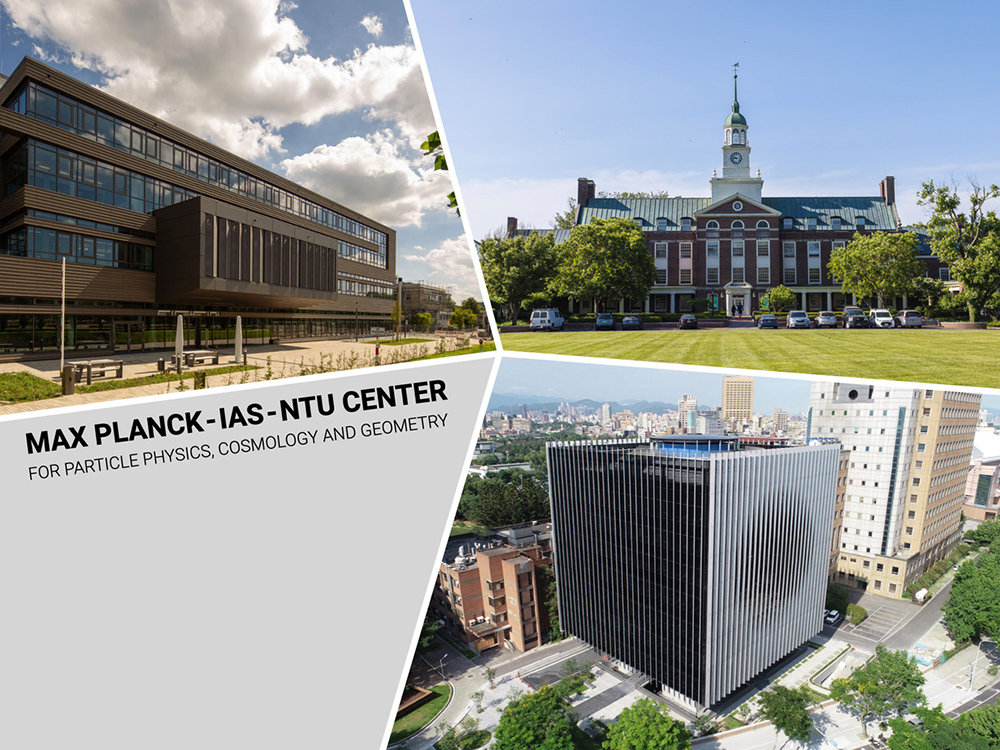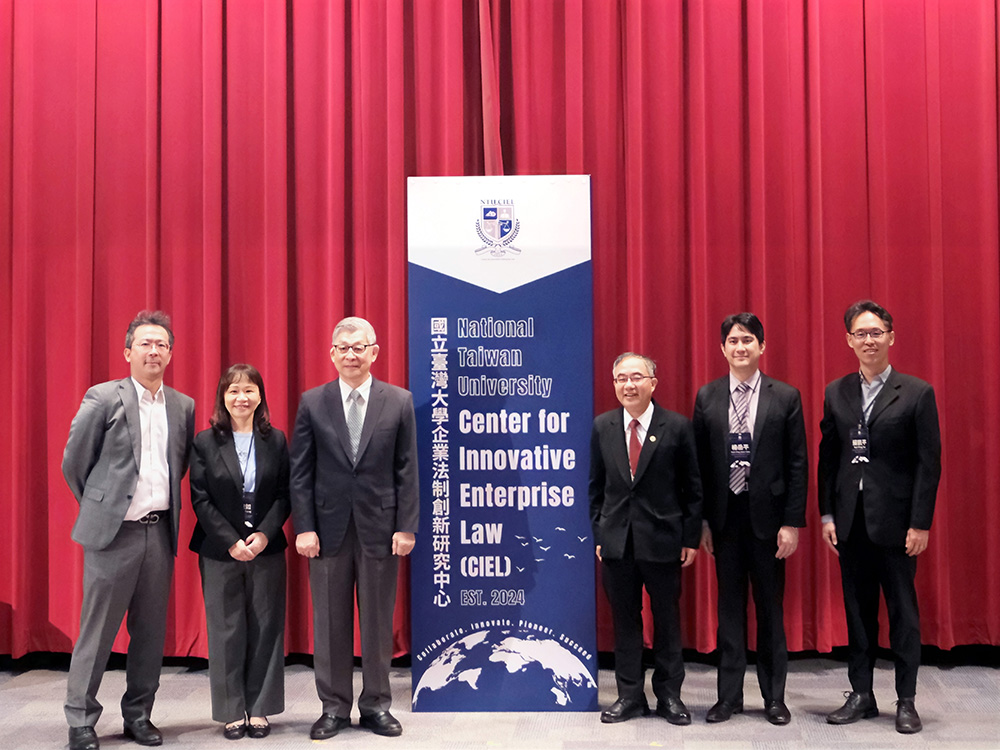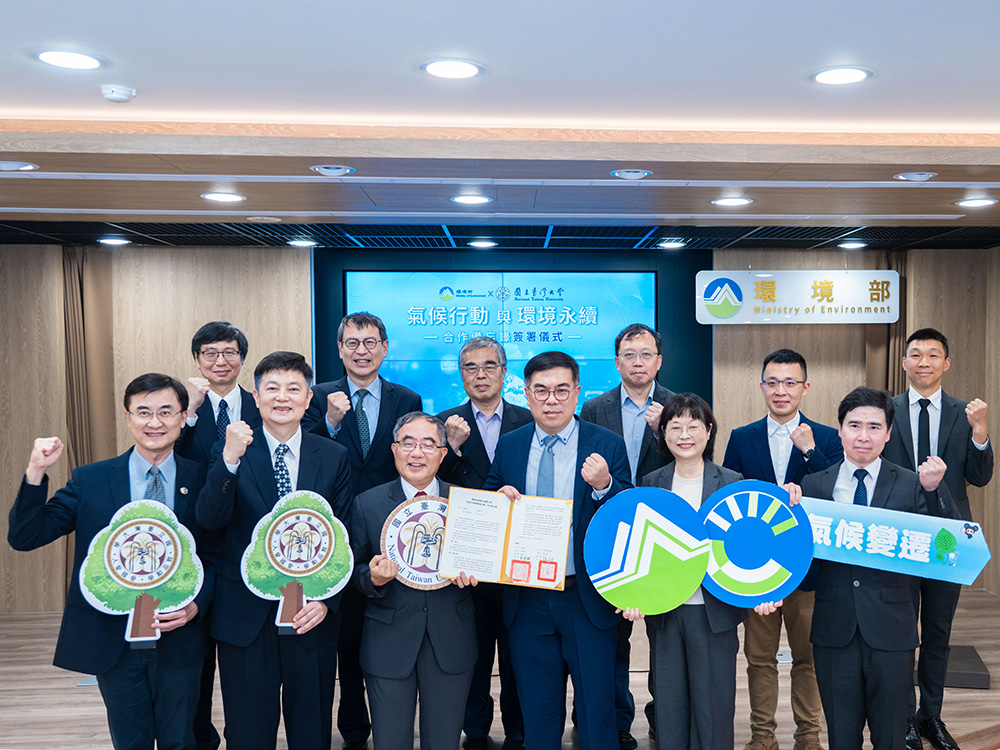
A new milestone for science at NTU: The inauguration of the Max Planck-IAS-NTU Center
瀏覽器版本過舊,或未開啟 javascript
請更新瀏覽器或啟用 javascript
Spotlights
Nature covers and praises NTU Prof. Lin-Shan Lee as a programming pioneer in a news feature.
Prof. Lin-Shan Lee (李琳山) of the NTU Department of Computer Science and Information Engineering was covered by Nature in a news feature as one of the 10 “Science Stars of East Asia ” (2018/06/27). In the article, Prof. Lee is recognized as a programming pioneer seeking to develop “a spoken version of Google.”
For more than a decade, Prof. Lee has been devoted to developing spoken content retrieval technologies, the realization of which requires industrial participation and investment. With these efforts, Prof. Lee aims to create a “spoken version of Google”—a technology expected to exert immense impact on human life worldwide.
Nowadays, the amount of online multimedia content on YouTube and online course platforms has increased exponentially. However, when searching content on YouTube, we can only rely on the texts uploaded by content providers without being able to effectively retrieve a specific sentence in the voice-over or locate other related video clips.
Google can access all articles online and locate the specific one users are looking for. Similarly, it is likely that speech recognition technology may help users access all online audio and video recordings to find specific sentences, extract keywords from spoken content, generate titles and summaries, and perform topic analysis. The use of such technologies in online courses, namely the direct application of a “spoken version of Google,” will result in further education revolutions.
The feature article also touches on Prof. Lee’s pioneering role in creating the world’s first Mandarin speech-recognition device and the critical importance of this achievement. In his early career in the United States, Prof. Lee focused on satellites used for telephone communication both in his doctoral studies and research projects in industry. Having shifted his domain from satellites to computers, Prof. Lee’s major interest still remains in the processing of human voice signals.

A new milestone for science at NTU: The inauguration of the Max Planck-IAS-NTU Center

A Distinguished Global Research Center Established at NTU under Trilateral Cooperation

Collaborative study between NTU and Japan uncovers the origin of Adzuki Beans and agriculture in Japan

NTU Launches Center for Innovation in Enterprise Law—with Forum Highlighting Trump’s Policy and Legal Shifts Amid Geopolitical Tensions

NTU and Ministry of Environment Sign MOU to Advance Net-Zero Transition and Environmental Resilience
Current Spotlights